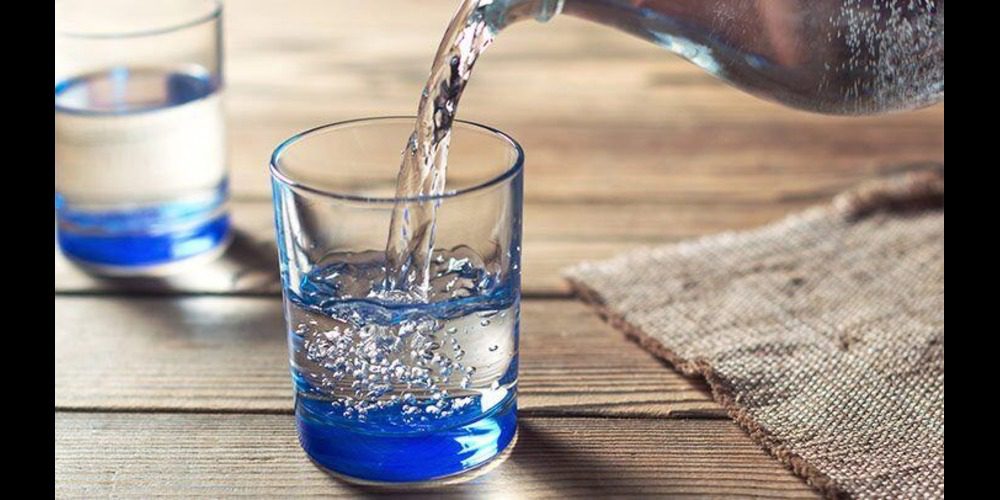Healthy Water Intake and Bladder Health

Maintaining proper water intake is crucial for overall health, including bladder health. Adequate hydration helps to keep the urinary system functioning properly and can prevent various issues such as urinary tract infections and kidney stones. Here are some guidelines for healthy water intake and its impact on bladder health:
Adequate Hydration:
- The general recommendation is to drink about 8 glasses (64 ounces) of water per day. However, individual water needs can vary based on factors such as age, climate, physical activity, and overall health.
- Some health authorities, including the National Academies of Sciences, Engineering, and Medicine, suggest a daily water intake of about 3.7 liters (125 ounces) for men and 2.7 liters (91 ounces) for women, including all beverages and food sources.
Maintaining Clear Urine:
- One way to gauge hydration is by the color of urine. Clear to light yellow urine generally indicates proper hydration, while dark yellow or amber-colored urine may suggest dehydration. For more instructions and best practices visit your Urologist in Karachi.
Balanced Fluid Intake:
- While water is the best choice for hydration, other beverages like herbal teas and diluted fruit juices can contribute to overall fluid intake.
- Limiting the intake of caffeinated and alcoholic beverages is advisable, as they can have a diuretic effect, potentially increasing urine production.
Spread Intake Throughout the Day:
- It’s beneficial to spread water intake throughout the day rather than consuming a large amount at once. This helps maintain steady hydration and prevents overloading the bladder.
Individual Needs:
- Factors such as age, weight, physical activity level, and climate can influence individual hydration needs. Pregnant or breastfeeding women, athletes, and individuals with certain health conditions may require more fluids.
Bladder Health:
- Proper hydration supports overall bladder health by preventing urinary tract infections, promoting regular urination, and reducing the risk of kidney stones.
- Adequate fluid intake can dilute urine, preventing the concentration of substances that could lead to the formation of kidney stones.
Listen to Your Body:
- Pay attention to your body’s signals for thirst. Thirst is a natural indicator that your body needs more fluids.
While maintaining proper hydration is essential, individuals with specific medical conditions or concerns about their bladder health should consult with a Best Urologist in Lahore for personalized advice. It’s important to note that excessive water intake can also lead to a condition called hyponatremia, where sodium levels in the blood become dangerously low. Therefore, it’s crucial to strike a balance and listen to your body’s needs.
In addition to consulting with a Best Urologist in Lahore for personalized advice, individuals should be mindful of their unique health circumstances and any pre-existing medical conditions. It’s crucial to recognize that while proper hydration is generally beneficial, some individuals, such as those with kidney issues or heart conditions, may require careful monitoring of their fluid intake.
Moreover, understanding the signs of dehydration and overhydration is essential for maintaining optimal health. Symptoms of dehydration may include dark yellow urine, dizziness, and dry mouth, while overhydration may manifest as swelling, nausea, or confusion. Striking the right balance in fluid intake is key, as excessive water consumption, especially in a short period, can overwhelm the kidneys and lead to electrolyte imbalances.
Read More From Techbullion





